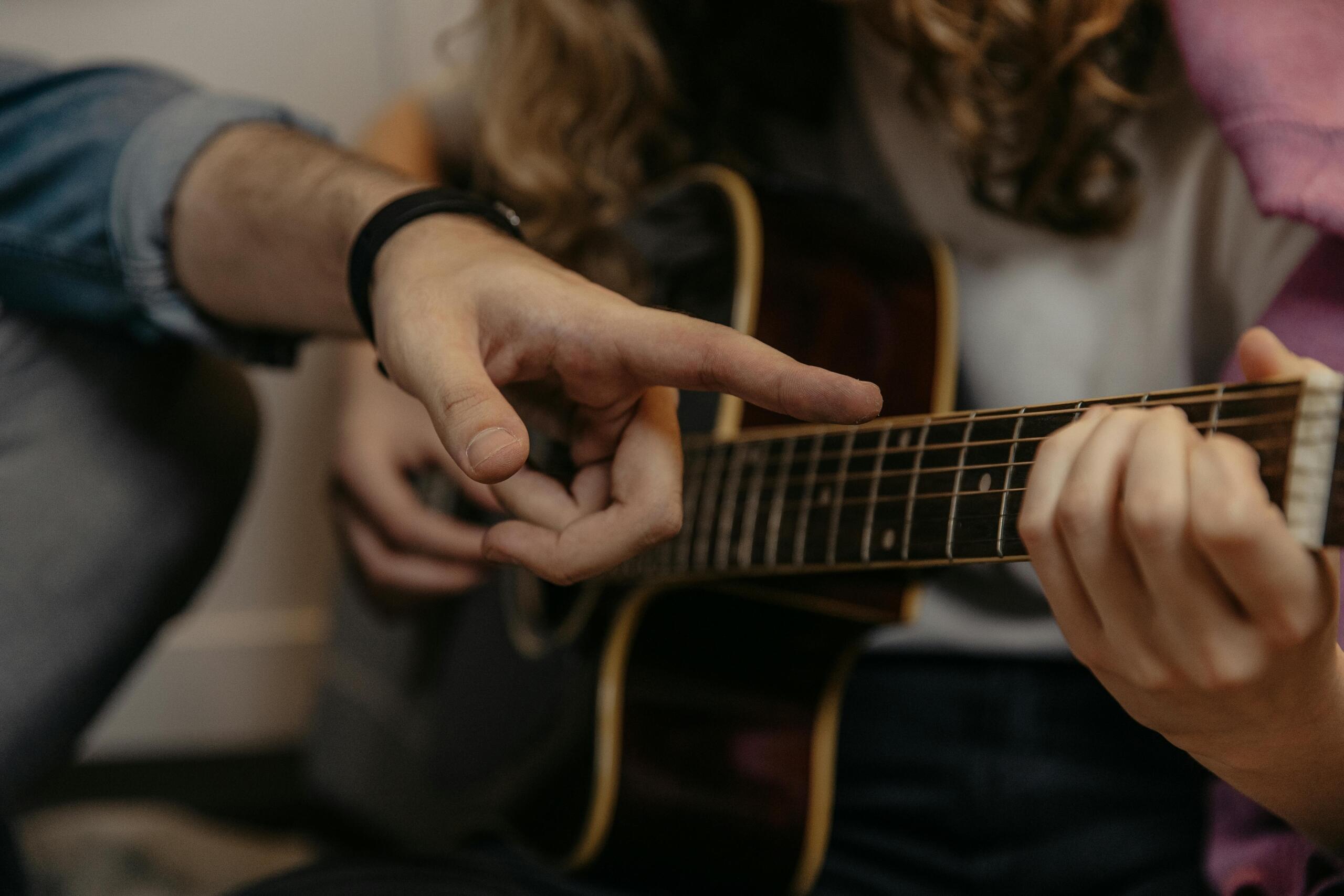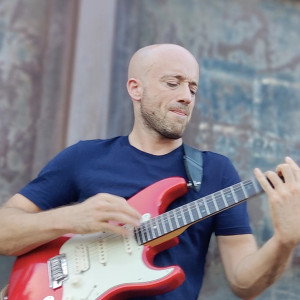To play a wrong note is insignificant. To play without passion is inexcusable.
Ludwig van Beethoven
The guitar is one of those instruments that keeps finding new life. Wherever you go, you’ll see it leaning against café walls, in bedrooms, on tiny stages, in school music rooms, or on the beach during summer nights. It is versatile, expressive, and welcoming to absolute beginners. In Malta, the instrument has become part of the cultural fabric, blending local traditions, Mediterranean rhythm, and the island’s enthusiasm for live music.
For anyone interested in learning to play the guitar, Malta is a surprisingly rich place to begin. The islands attract musicians from across Europe, and a growing number of locals teach, perform, record, and collaborate in bands of every style. You’ll hear everything from soft folk in Gozo to rock sessions in Paceville and acoustic jazz in small Valletta bars.
Before you pick up your first guitar pick, a few things are worth knowing.

A Caution for Beginners
Because the guitar is everywhere, many learners pick up habits from people who can play a little but don’t necessarily teach well. It is common to find neighbours, friends, or hobbyists who know three chords and offer lessons. For someone serious about learning to play the guitar, it is better to seek structured support, especially if you want proper technique, clean sound, and confidence in your progress.
Another common issue is choosing the wrong guitar. The market in Malta, like anywhere else, has low-quality instruments that look tempting but make practicing difficult. A beginner who struggles to tune or press down strings comfortably will quickly lose motivation. Good guidance in selecting the right guitar matters more than most people think.
On the bright side, Malta hosts many experienced musicians who teach in studios, schools, band clubs, community spaces, and private homes. Whether you want classical technique, modern pop rhythms, metal, jazz improvisation, or acoustic fingerstyle, someone on the island can help you find your way.
Beyond the music itself, the benefits of learning are deep and long-lasting. Playing an instrument can shape mood, sharpen awareness, support coordination, reduce stress, and create strong social connections. These advantages build up naturally for anyone who keeps practising.
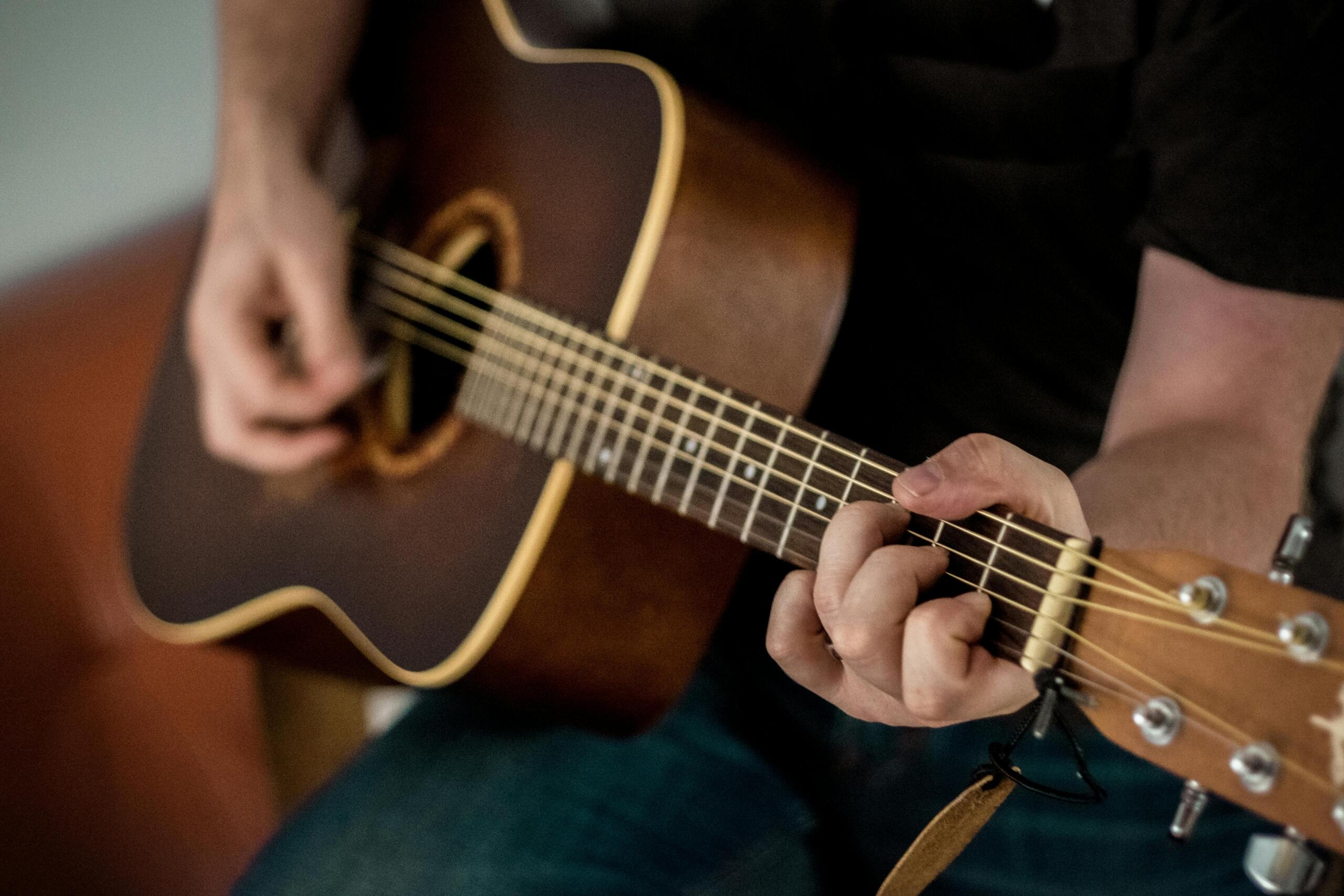
Learning to Play Guitar in Malta
Malta’s music scene may be small in size, but it is incredibly dense. Valletta alone has a mix of conservatory-trained musicians, folk players, church ensembles, and gigging artists who perform nightly. Sliema and St Julian’s have informal music circles and modern studios. Gozo has intimate community spaces and long-standing traditions around band clubs. No matter where you are on the islands, you will find teachers, groups, and opportunities to grow.
Below, you’ll see a structure that mirrors the original UK guide but translated into Malta’s geography. Each section highlights a Maltese location and the options available for guitar lessons for beginners, intermediate players, and those who want to push their skills even further.
Tune your guitar, sit comfortably, and let’s explore where you can learn guitar Malta style.
Learn the Guitar in Valletta
Valletta is a small capital with a surprisingly large artistic heart. Art schools, historic theatres, open-air concerts, and street musicians all play a role in the city’s identity.
Music Schools and Foundations in Valletta
Valletta hosts several music institutions that cater to different age groups. The Malta School of Music is the country’s main public hub for structured instruction. Students can follow graded paths, join ensembles, or take classical guitar lessons with qualified tutors. These programmes are regulated and recognised and they suit learners who want a formal approach.
You’ll also find community classes through cultural organisations, which focus more on accessible learning. These can be a good match if you want relaxed sessions without exams or pressure.
Guitar Classes for Kids
Parents looking for early music exposure will find Valletta full of creative possibilities. Some centres offer rhythm workshops for young kids, where children experience tempo, movement, and melody in playful ways. Older children can take their first guitar lessons in small groups or through after-school programmes tailored to beginners.
Higher Studies and Professional Paths
While Valletta is not home to a standalone guitar conservatory, the city houses educators who prepare students for advanced levels. Learners who aim for higher studies, including performance diplomas or auditions abroad, will find specialist lessons, technique-focused programmes, and teachers who perform professionally across Malta and overseas.
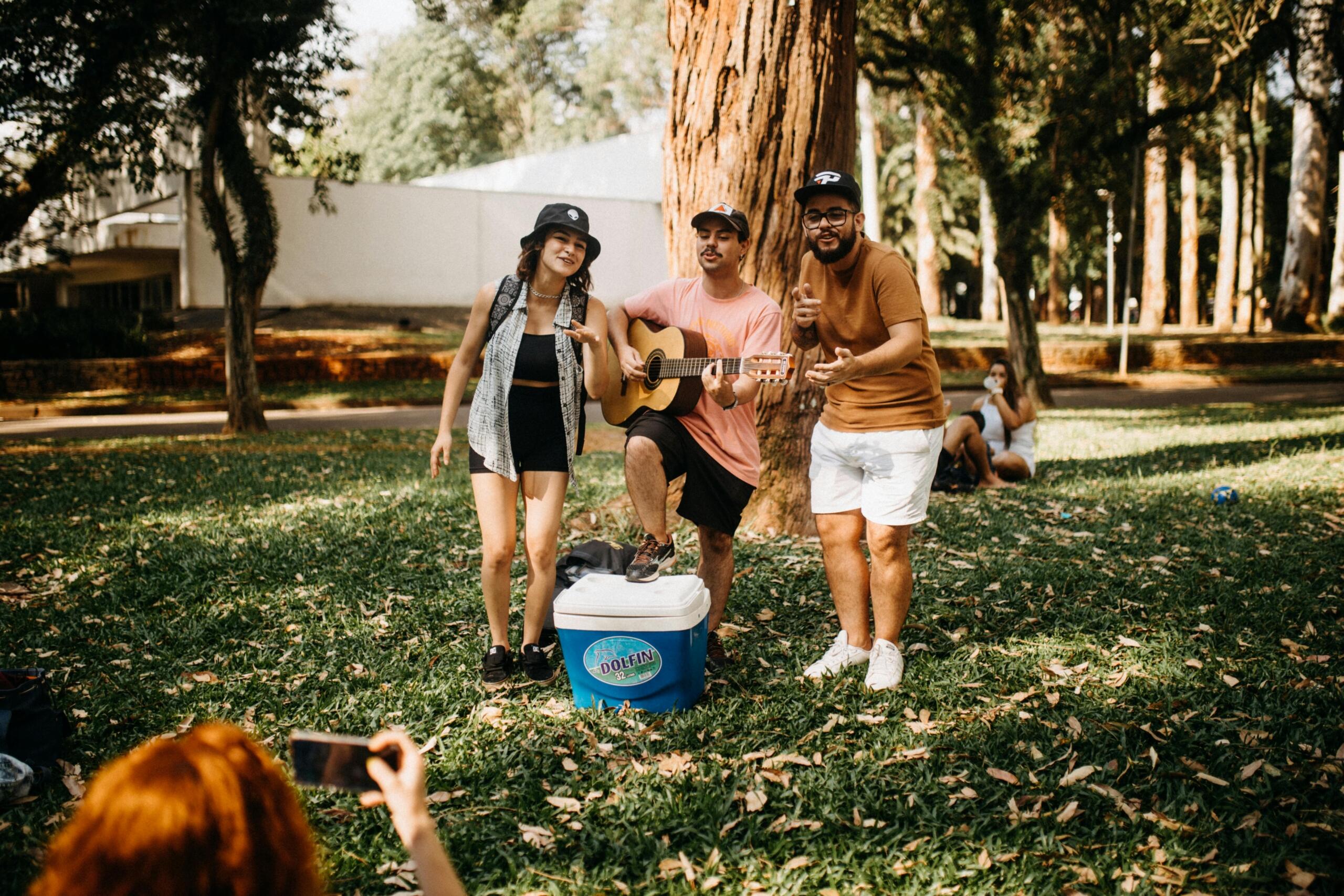
Learn the Guitar in Sliema
Sliema is modern, coastal, and filled with people from around the world. This blend gives the town a laid-back energy, and that same atmosphere flows into its music lessons.
Private Tutors and Contemporary Studios
Sliema has many tutors who specialise in learning to play guitar in contemporary styles. Rock, indie, acoustic pop, and rhythm-based techniques are especially popular. Sessions are usually personalised and can take place at the tutor’s studio, in your home, or online.
Some teachers also help students prepare for Trinity or Rockschool graded exams. If your goal is structured progress, these paths can be useful.
Guitar Lessons for Beginners
Because many newcomers to Malta live in Sliema, this area is particularly strong in guitar lessons for beginners. Teachers focus on fundamentals like chord shapes, timing, strumming patterns, and simple melodies. The aim is to build confidence quickly so learners can start enjoying real music rather than isolated exercises.
Community Learning
Sliema’s local council and nearby community centres sometimes offer evening workshops. These are ideal for adults who want steady progress without committing to intensive study. Sessions often include group activities, relaxed practice, and guidance on technique.

Learn the Guitar in St Julian’s
St Julian’s is lively, social, and always awake. For many students and young adults, it is the beating heart of Malta’s nightlife. Because so many musicians perform in the area, it has become a hotspot for music education too.
Music Centres and Group Classes
St Julian’s hosts several music schools that specialise in modern instruments. Programs often include electric guitar, acoustic guitar, bass guitar, and band workshops. Group classes are common and can be great for learners who want interaction and motivation.
Social Learning Opportunities
Language exchanges, open mic nights, and small gigs create informal practice spaces. Playing a few chords alongside friends in a café can be just as valuable as structured lessons, especially for new learners who want to overcome stage fright.
Flexible Schedules
Because many people here work in hospitality or digital jobs with shifting hours, tutors often offer late-evening or weekend appointments. This flexibility is a big reason why St Julian’s is popular for learning to play the guitar.

Learn the Guitar in Mosta
Mosta sits at the centre of Malta and has one of the island’s strongest community identities. Band clubs, local events, and parish celebrations give music a central role in everyday life.
Traditional and Classical Focus
Mosta’s band clubs provide a unique environment where students can learn fundamentals, music reading, and ensemble playing. Although many focus on brass and woodwind, some now offer guitar classes that combine modern technique with structured musicianship.
The town is also home to classical guitar educators who teach technique, posture, and repertoire at a high standard. These tutors suit students who want a disciplined approach to tone and precision.
Affordable Local Lessons
Because Mosta is not as commercialised as coastal towns, lesson prices often reflect this. Learners can find private teachers, small studios, and community classes at accessible rates.
Research from multiple music education studies shows that beginners who learn with structured weekly guidance progress up to twice as fast as those who rely only on online tutorials or friends.
Learn the Guitar in Gozo
Gozo moves at a gentler pace. For many learners, this makes it the perfect environment to study music. You have space, quiet, nature, and a friendly community.
Community Classes
Villages across Gozo offer adult learning programmes, including guitar lessons for beginners. These classes are usually small and personal and encourage steady progress without pressure.
One-to-One Tuition
Gozo has a network of private tutors who offer acoustic, classical, or electric guitar sessions. Many are active musicians who perform at restaurants, weddings, or village events, bringing real-world experience into their teaching.
A Calm Space to Practise
The island’s relaxed rhythm makes it easier to practise without distraction. Whether on a balcony overlooking farmland or near the coast at sunset, students often say they learn faster simply because they feel more at ease.
A Pick of the Best Guitar Tutors in Malta
Across the islands, you’ll find tutors who specialise in folk, metal, pop, jazz, flamenco, or classical technique. Some teach from home studios, others travel to students, and many offer online lessons as well.
For learners who want an easy way to compare tutors, reviews, and experience, a platform like Superprof simplifies the search. You can filter by style, price, location, and language and even try a first lesson for free with many tutors.
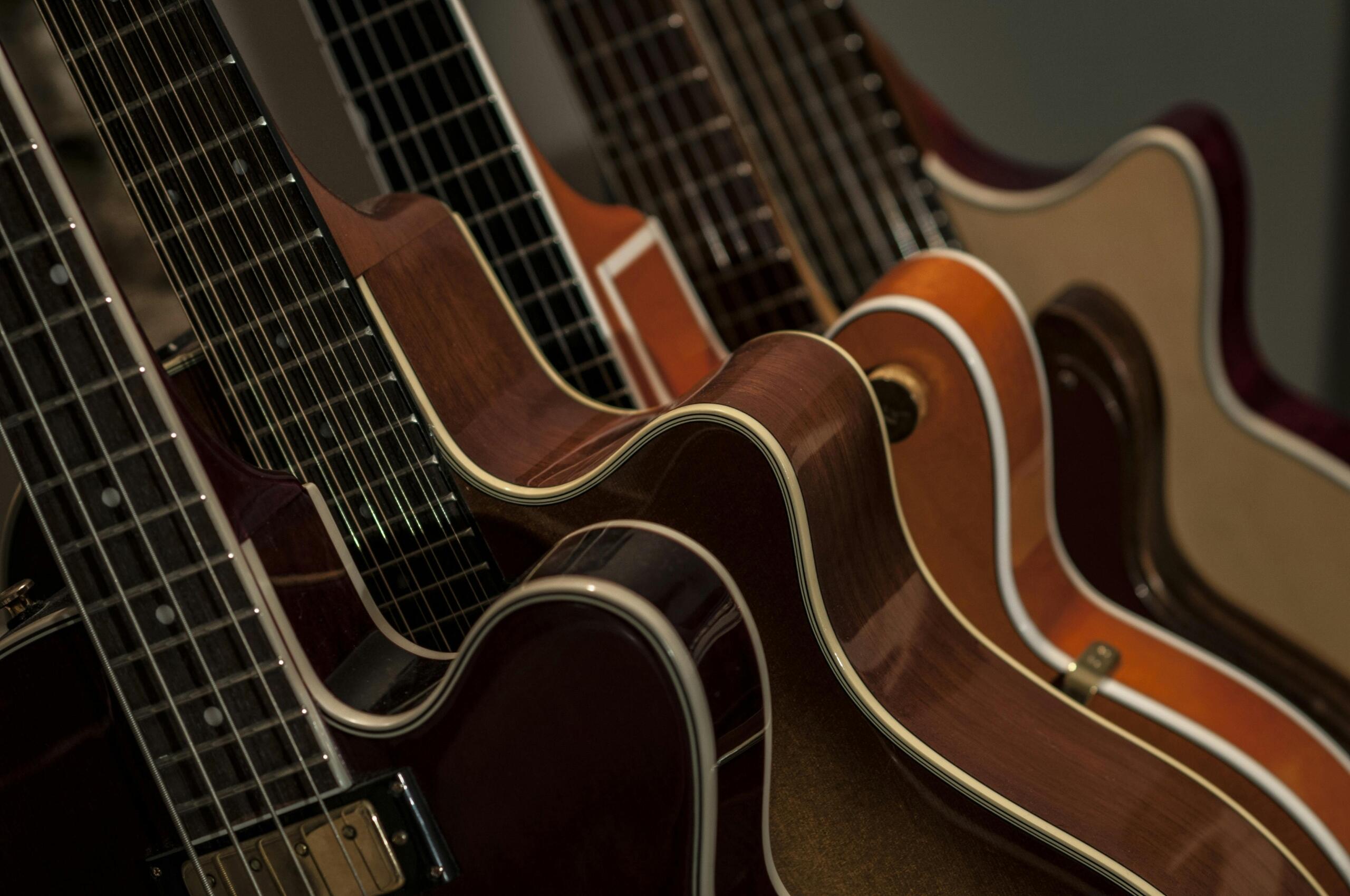
Group Classes, Workshops, and Band Experiences
Malta has a strong ensemble culture. Beyond private lessons, you can join band workshops, jam sessions, community rehearsals, and performance groups. These experiences strengthen rhythm, confidence, and musical intuition.
Some schools hold annual concerts where students perform onstage. These events help beginners experience something important: the feeling of being part of a musical community.
Preparing Yourself to Learn Guitar Malta Style
Before starting lessons, think about what you want. Ask yourself:
- Do I want to play casually or aim for graded exams
- Is classical technique appealing or do I prefer modern styles
- Would I enjoy group sessions or private lessons
- Do I learn best through structure or through experimentation
A good teacher will help you answer these questions and set goals that match both your pace and your personality.
What’s your favourite style to learn on guitar?
Summarise with AI:

